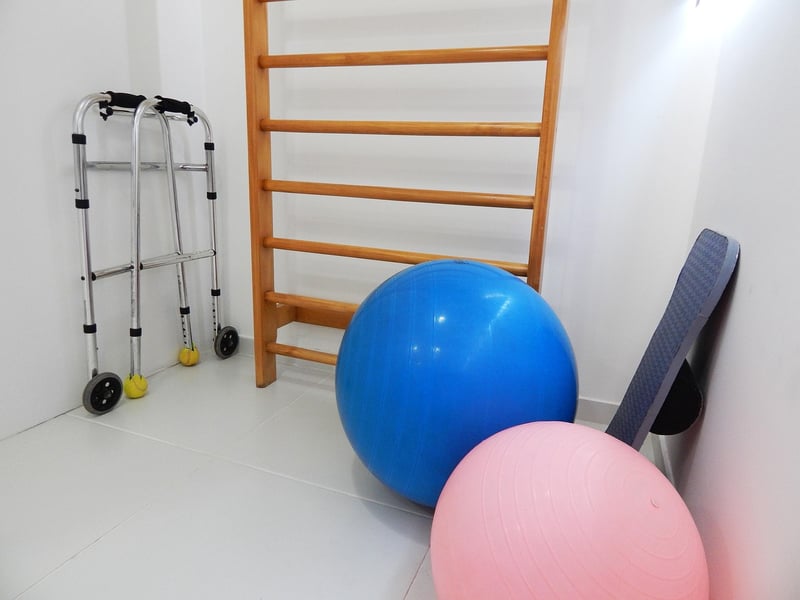Clinical Pilates
The Importance of Core Strength and Alignment in Clinical Pilates
Core strength and alignment play a crucial role in achieving overall fitness and wellness. In the realm of Clinical Pilates, these two factors are given special emphasis to enhance the effectiveness of the practice and promote long-term health benefits.
Understanding Core Strength
The core muscles are more than just the abdominal muscles; they include the muscles in the back, pelvis, and hips. A strong core provides stability for the entire body, improves posture, and reduces the risk of injuries.

Importance of Alignment
Proper alignment ensures that the body functions optimally, preventing undue stress on joints and muscles. In Clinical Pilates, correct alignment is emphasized to maintain balance, improve movement patterns, and enhance overall body awareness.

Benefits of Core Strength and Alignment in Clinical Pilates
- Enhanced stability and balance
- Improved posture and body mechanics
- Increased flexibility and range of motion
- Reduced risk of injury
- Effective rehabilitation for various conditions
How Clinical Pilates Helps
Clinical Pilates is a specialized form of Pilates that focuses on individualized assessment and tailored exercises to address specific needs. By incorporating core strengthening and alignment techniques, Clinical Pilates helps individuals achieve their fitness goals while minimizing the risk of injury.
Conclusion
Core strength and alignment are fundamental aspects of Clinical Pilates that contribute to overall well-being and fitness. By prioritizing these elements in your Pilates practice, you can experience improved physical performance, reduced pain, and enhanced quality of life.
Take the first step towards a stronger core and better alignment with Clinical Pilates today!
